Hyundai Motor India’s IPO is opening today, and the company is planning to raise Rs 27,870 crore, making it the largest IPO in India’s history. The IPO bidding will be open until October 17.
This IPO stands out for several reasons. In terms of size, it surpasses the 2022 IPO of Life Insurance Corporation (LIC), which was worth Rs 21,000 crore. Globally, Hyundai’s IPO will be the largest in 2024. It is also the first time in two decades that an automobile company will be listed in India.
Hyundai Motor is the second-largest car seller in India, after Maruti. Over the past 20 years, it has sold around 12 million cars and maintained a double-digit market share.
Issue Details:
IPO Duration: October 15-17
Price Band: Rs 1,865 to Rs 1,960 per share
Issue Size: Rs 27,870 crore
Offer for Sale (OFS): 14.2 crore shares
Lot Size: 7 shares, Minimum bid amount: Rs 13,055
QIB (Qualified Institutional Buyer) Allocation: 50%
Retail Allocation: 15%
NII (Non-Institutional Investors) Allocation: 15%
Maximum Bids for QIBs: 14,14,16,296 shares
Maximum Bids for NIIs: 7,07,08,148 shares
Anchor Book Opening: October 14
Hyundai Motor India allocated shares worth $989.4M in its IPO, with BlackRock, the Govt of Singapore, and Fidelity receiving shares in the anchor book at ₹1,960 each. Of 42.4M shares, 34.42% went to 21 domestic mutual funds across 83 schemes.
Where Will the Funds Be Used?
Hyundai Motor India will not receive any funds directly from the IPO. Since it is only an Offer for Sale (OFS), all the money will go to Hyundai Motor Company, the South Korean promoter of the Indian subsidiary.
Financials
For FY24, the company reported revenue of ₹69,829 crore, up 16% from last year. EBITDA (earnings before interest, taxes, depreciation, and amortization) was ₹9,133 crore, a 21% increase, with an EBITDA margin of 13.1%, up from 12.5% last year. Profit after tax (PAT) stood at ₹6,060 crore, up 29% year-on-year.
Like many companies with foreign parent firms, this one paid out a huge dividend in FY24, over ₹10,000 crore. It also raised its royalty rate to 3.5% of sales, with the option to go up to 5% without needing shareholder approval.
The company’s price-to-earnings (P/E) ratio of 26-27x is reasonable, given the growth potential of India’s auto market. Experts believe Hyundai’s future success will depend on two key factors: first, how quickly it can increase production capacity (it’s expanding from 8.25 lakh to 11 lakh units), and second, its push into electric vehicles (EVs). The Creta EV is set to launch in Q4 FY25, and it’ll be interesting to see if it can compete with Tata Nexon.
Company Overview:
Hyundai is the second-largest passenger vehicle company in India, after Maruti Suzuki. As of June 2024, it held a 24% market share. In the last financial year, the company sold about 7.77 lakh vehicles, with 21% of them being exported to countries like Africa, Latin America, the Middle East, and Europe.
Popular models like the Creta, Exter, Venue, i20, and Nios make up a significant portion of Hyundai’s sales. SUVs now account for 68% of the company’s total sales, contributing to higher profit margins.
Hyundai India’s current annual production capacity is 8.24 lakh units, with its largest integrated single-location plant based in Chennai. The company recently acquired a plant in Pune, which is expected to increase production capacity to 10 lakh units.
Additionally, Hyundai plans to launch the Creta EV by March next year. Currently, it sells two electric vehicles in India—Kona and Ioniq—both of which fall under the premium EV category.
Shareholding Pattern:
At present, Hyundai Motor India is fully owned by its parent company. Through the IPO, the parent company will sell 14.2 crore shares, which will reduce its stake in the Indian entity by 17.5%.
Grey Market Premium:
Hyundai Motor India’s grey market premium (GMP) has significantly dropped by 75% ahead of the IPO. In late September, the GMP was Rs 570, but by October 9, it fell to Rs 140-145. As of October 15, the GMP has dropped further to Rs 40-45, marking a 71% decline, indicating reduced demand.
SEBI requirement for Hyundai to divest 7.5 percent of its shares over the next three years will likely lead to a supply overhang, putting downward pressure on the stock for some time. This is a minor cost that investors occasionally endure for substantial IPOs.
Bringing you the latest updates on finance, economies, stocks, bonds, and more. Stay informed with timely insights.













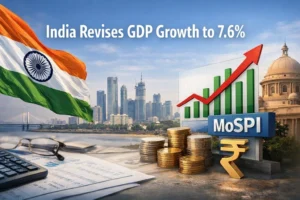

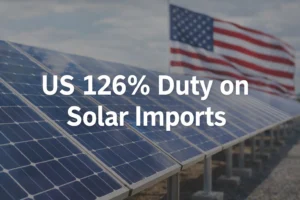

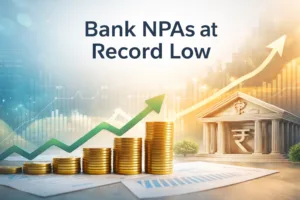


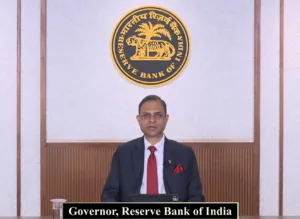


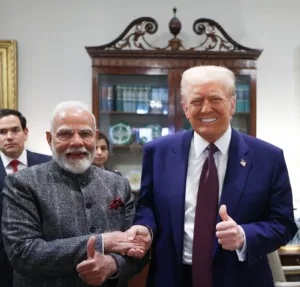

Be First to Comment